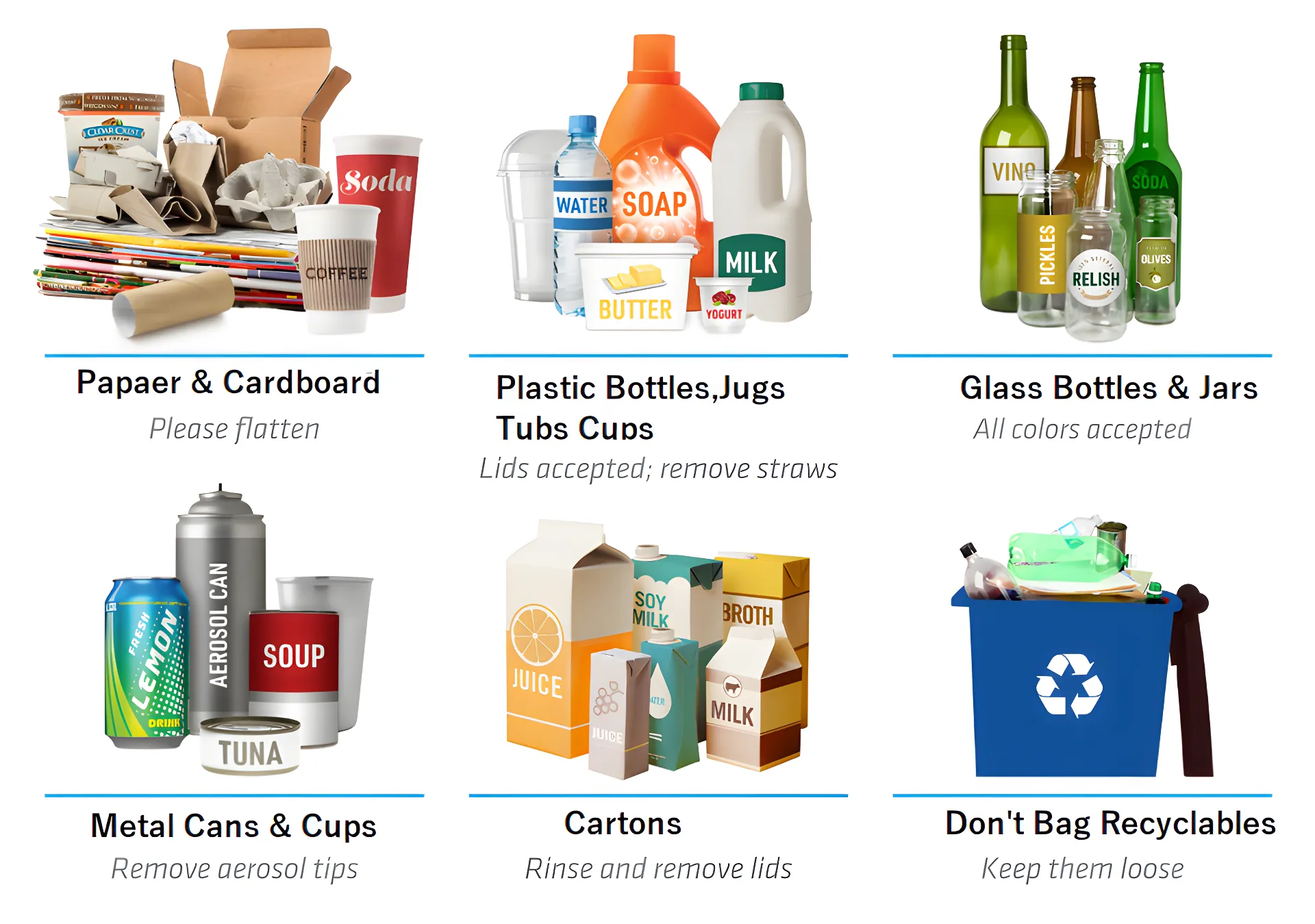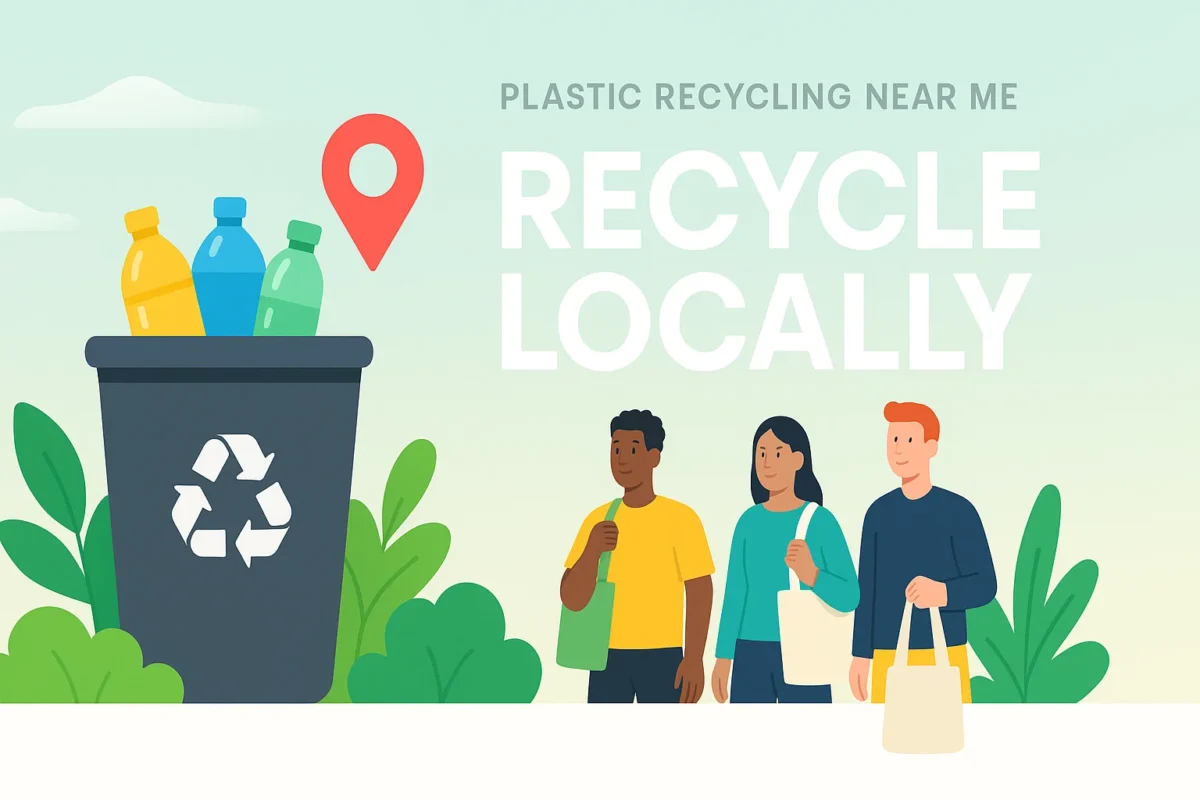Plastic recycling is more than just a buzzword—it’s a vital step towards reducing waste, conserving resources, and protecting our planet. If you’ve been searching for “plastic recycling near me,” you’re already on the right path to making a positive environmental impact. This comprehensive guide will walk you through everything you need to know about recycling plastic locally, from understanding what plastics can be recycled to finding the best facilities in your area. With practical tips, clear explanations, and local insights, this article will empower you to recycle effectively and sustainably.
Why Plastic Recycling Matters
Plastic pollution is one of the most pressing environmental challenges today. According to the UK’s Environment Agency, over 2.2 million tonnes of plastic waste are generated annually in the UK alone. Without proper recycling, much of this ends up in landfills or, worse, our oceans. Recycling plastic reduces the demand for virgin materials, saves energy, and helps combat climate change.
By recycling locally, you contribute to a circular economy, where materials are reused rather than discarded. Plus, it’s a practical way to take responsibility for your environmental footprint. Ready to get started? Let’s dive into the essentials of plastic recycling and how to find the best options near you.

Understanding Plastic Recycling: The Basics
Before you start recycling, it’s crucial to understand which plastics can be recycled and how the process works. Not all plastics are created equal, and knowing the differences will help you recycle correctly.
Types of Plastics and Their Recyclability
Plastics are categorized by resin identification codes (1 to 7), which indicate the type of plastic and its recyclability. Here’s a quick breakdown:
| Resin Code | Plastic Type | Common Uses | Recyclable? |
|---|---|---|---|
| PET (1) | Polyethylene Terephthalate | Water bottles, food containers | Widely recyclable |
| HDPE (2) | High-Density Polyethylene | Milk jugs, detergent bottles | Widely recyclable |
| PVC (3) | Polyvinyl Chloride | Pipes, cling film | Rarely recyclable |
| LDPE (4) | Low-Density Polyethylene | Plastic bags, shrink wrap | Limited recycling |
| PP (5) | Polypropylene | Yogurt pots, bottle caps | Often recyclable |
| PS (6) | Polystyrene | Foam cups, takeaway containers | Rarely recyclable |
| Other (7) | Mixed plastics | Miscellaneous items | Rarely recyclable |
Key Tip: Always check the resin code on your plastic items and confirm local recycling guidelines, as accepted materials vary by region.
The Recycling Process
- Collection: Plastics are collected from households, businesses, or drop-off centers.
- Sorting: Materials are sorted by type and cleaned to remove contaminants.
- Processing: Sorted plastics are shredded, melted, and reformed into pellets.
- Manufacturing: These pellets are used to create new products, from bottles to clothing.
Understanding this process helps you prepare plastics correctly—clean, dry, and free of food residue—for recycling.
How to Find Plastic Recycling Facilities Near You
Finding a reliable recycling center is the first step to effective plastic recycling. Here’s how to locate one in your area:
1. Check Your Local Council’s Website
Most UK councils provide detailed information on recycling services, including kerbside collection schedules and nearby recycling centers. For example:
- London: Visit the Recycle for London website or your borough’s council page.
- Manchester: Check the Recycle for Greater Manchester site for drop-off points.
- Rural Areas: Look for household waste recycling centers (HWRCs) on your council’s website.
Pro Tip: Search “plastic recycling near me” on your council’s website or use the postcode search tool Recycle Now (recyclenow.com).
2. Use Online Recycling Locators
Websites like Recycle Now and WRAP’s Recycling Locator allow you to enter your postcode to find nearby facilities. These tools provide details on what plastics are accepted and whether facilities offer drop-off or collection services.
3. Supermarket Recycling Points
Many UK supermarkets, such as Tesco, Sainsbury’s, and Co-op, have introduced soft plastic recycling points for items like carrier bags, crisp packets, and bread bags. Check store websites for participating locations.
4. Community and Charity Initiatives
Some charities and community groups run plastic recycling schemes. For instance, TerraCycle partners with brands to recycle hard-to-process plastics like coffee pods and toothpaste tubes. Search for local drop-off points on their website.
Preparing Plastics for Recycling
Proper preparation ensures your plastics are accepted and processed efficiently. Follow these steps:
- Clean Your Plastics: Rinse bottles, containers, and trays to remove food residue.
- Remove Non-Plastic Components: Take off labels, lids, or metal parts if required by your local guidelines.
- Flatten Bottles: Crush plastic bottles to save space in recycling bins.
- Check Local Rules: Some councils accept specific plastics (e.g., PET and HDPE only), so verify what’s allowed.
Common Mistake: Avoid “wishcycling” (putting non-recyclable items in the bin hoping they’ll be recycled). This contaminates batches and increases processing costs.
Challenges and Solutions in Plastic Recycling
While recycling is essential, it’s not without challenges. Here’s how to navigate common issues:
Challenge 1: Limited Acceptance of Certain Plastics
Not all recycling centers accept soft plastics (e.g., cling film, plastic bags) or polystyrene. Solution: Use supermarket recycling points for soft plastics and check for specialized programs like Terracycle.
Challenge 2: Confusion Over Symbols
Plastic packaging can have confusing symbols, like the “recyclable” logo, which doesn’t guarantee local acceptance. Solution: Always cross-reference with your council’s guidelines.
Challenge 3: Contamination
Dirty plastics or mixed materials can ruin recycling batches. Solution: Follow the preparation steps above and educate yourself on local rules.
Benefits of Recycling Plastic Locally
Recycling plastic near you has far-reaching benefits:
- Environmental Impact: Reduces landfill waste and marine pollution.
- Energy Savings: Recycling plastic uses up to 70% less energy than producing new plastic.
- Community Support: Local recycling supports jobs and infrastructure in your area.
- Resource Conservation: Reusing plastics reduces the need for virgin materials, preserving natural resources.
Taking It Further: Reducing and Reusing Plastics
While recycling is crucial, reducing and reusing plastics can amplify your impact:
- Reduce: Opt for reusable bags, bottles, and containers to cut down on single-use plastics.
- Reuse: Repurpose plastic containers for storage or crafts before recycling.
- Support Sustainable Brands: Choose products made from recycled plastics or with minimal packaging.
Conclusion: Start Recycling Today
Finding “plastic recycling near me” is easier than ever with the right tools and knowledge. By understanding which plastics are recyclable, preparing them correctly, and using local resources like council websites, supermarket drop-offs, or online locators, you can make a meaningful difference. Every bottle, container, or bag you recycle contributes to a cleaner, greener future.
Ready to take action? Visit Recycle Now, check your council’s website, or pop into your local supermarket to find a recycling point. Let’s work together to keep plastics out of landfills and in the circular economy!

